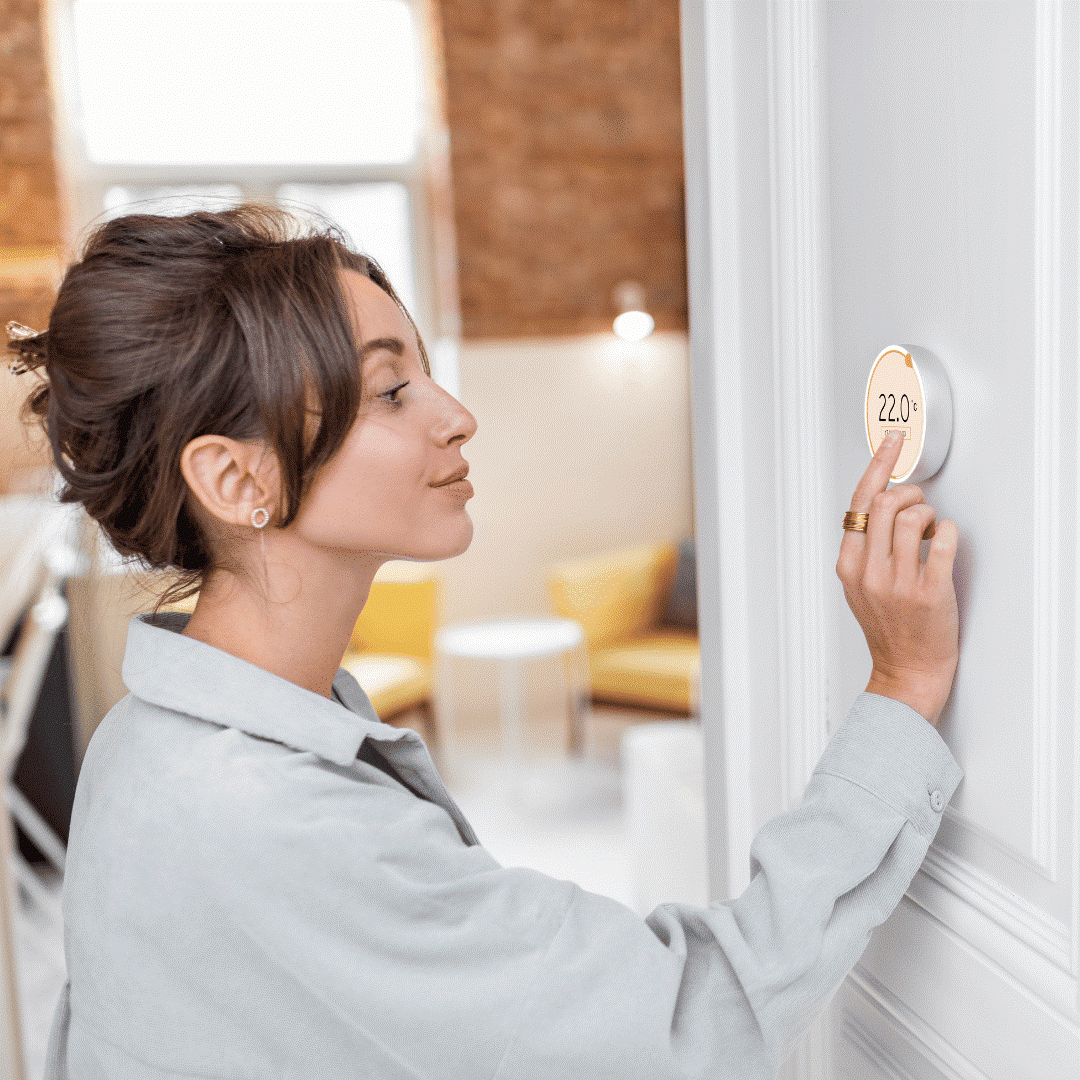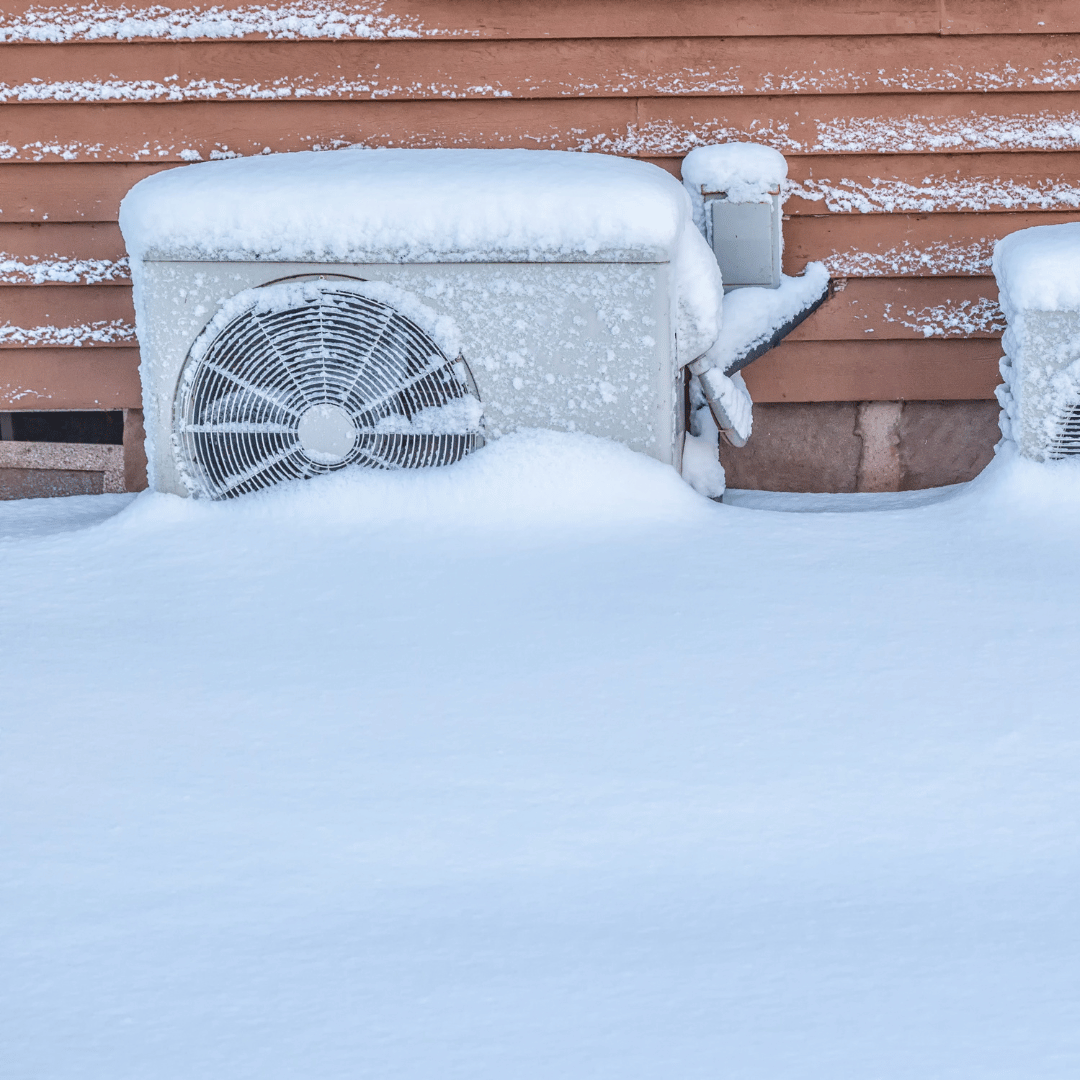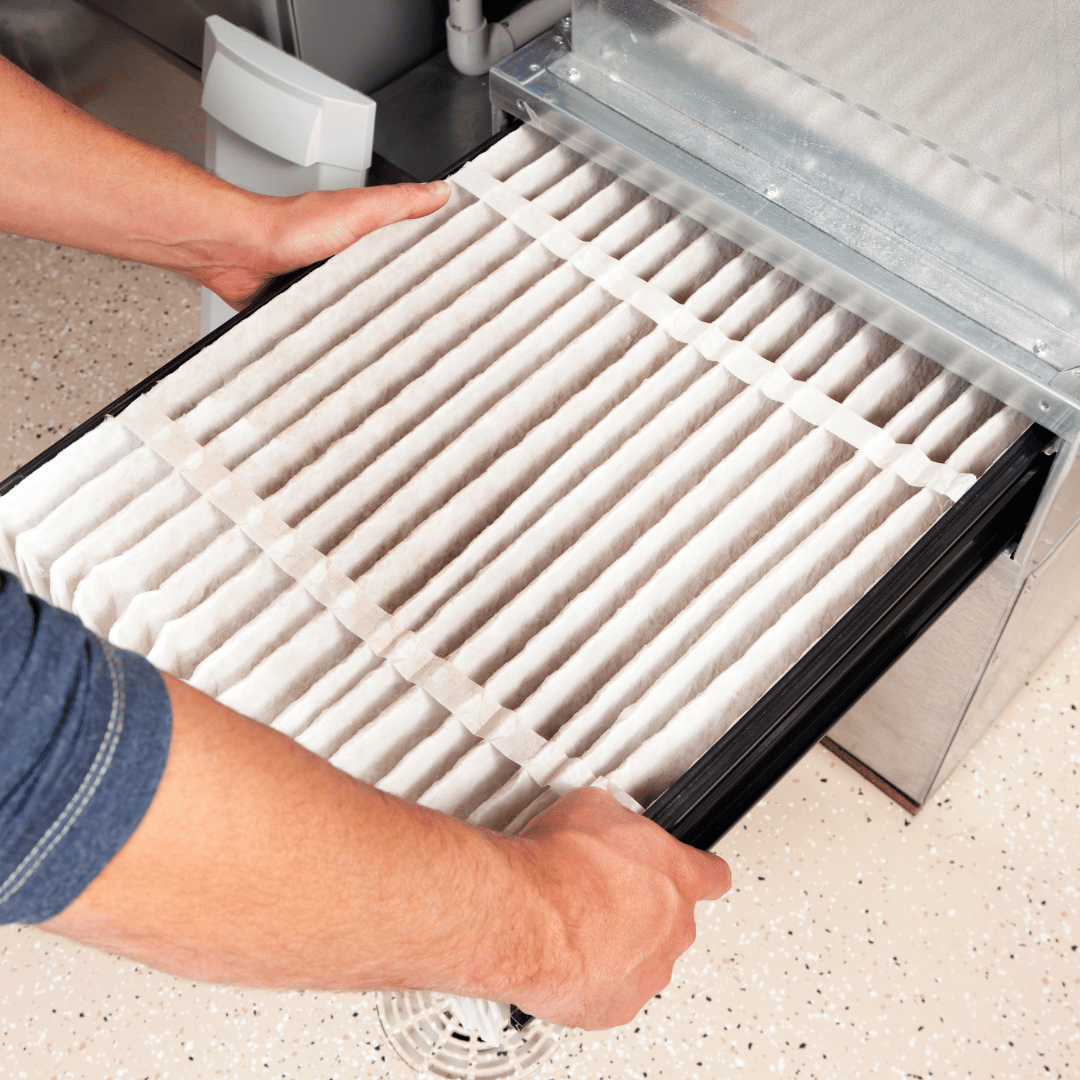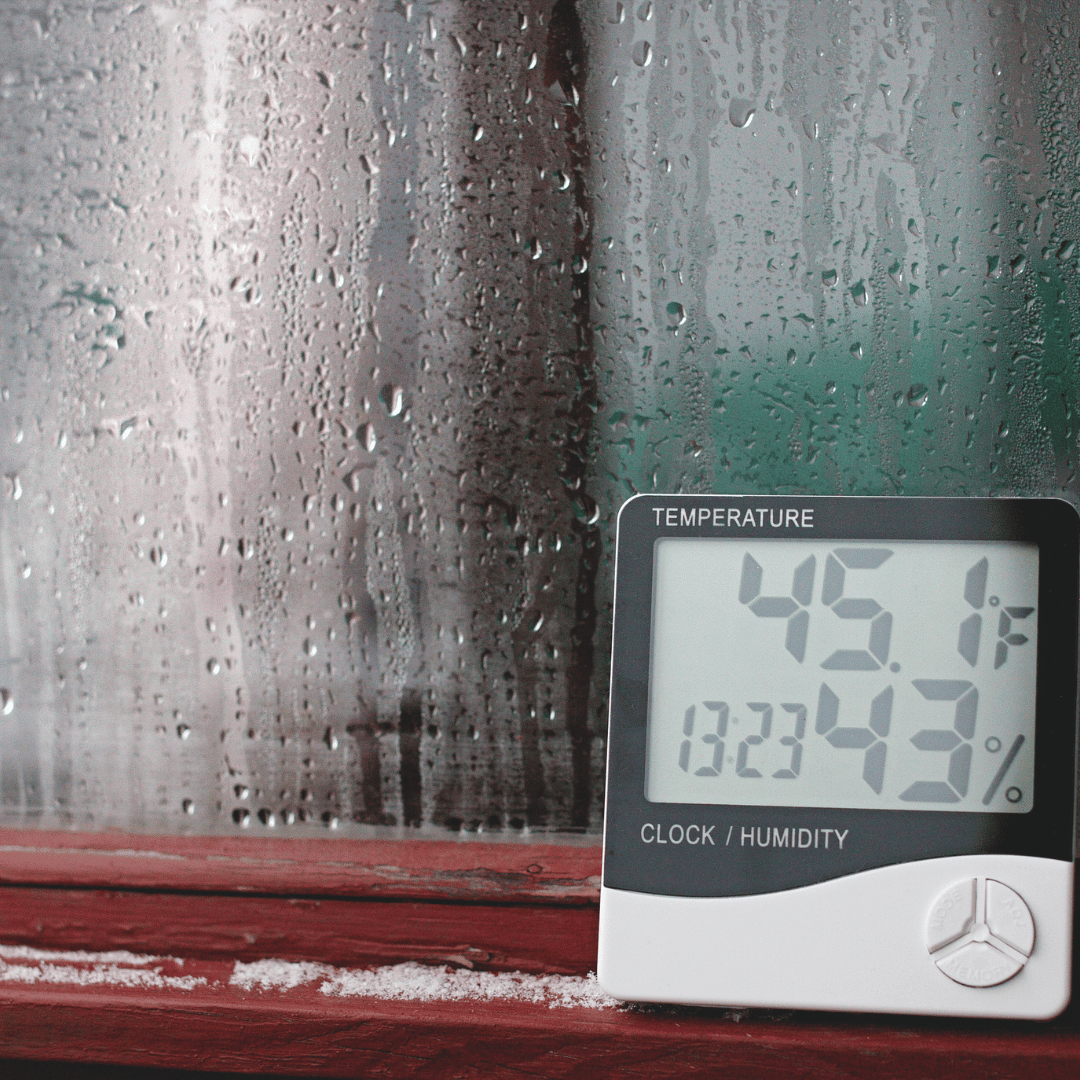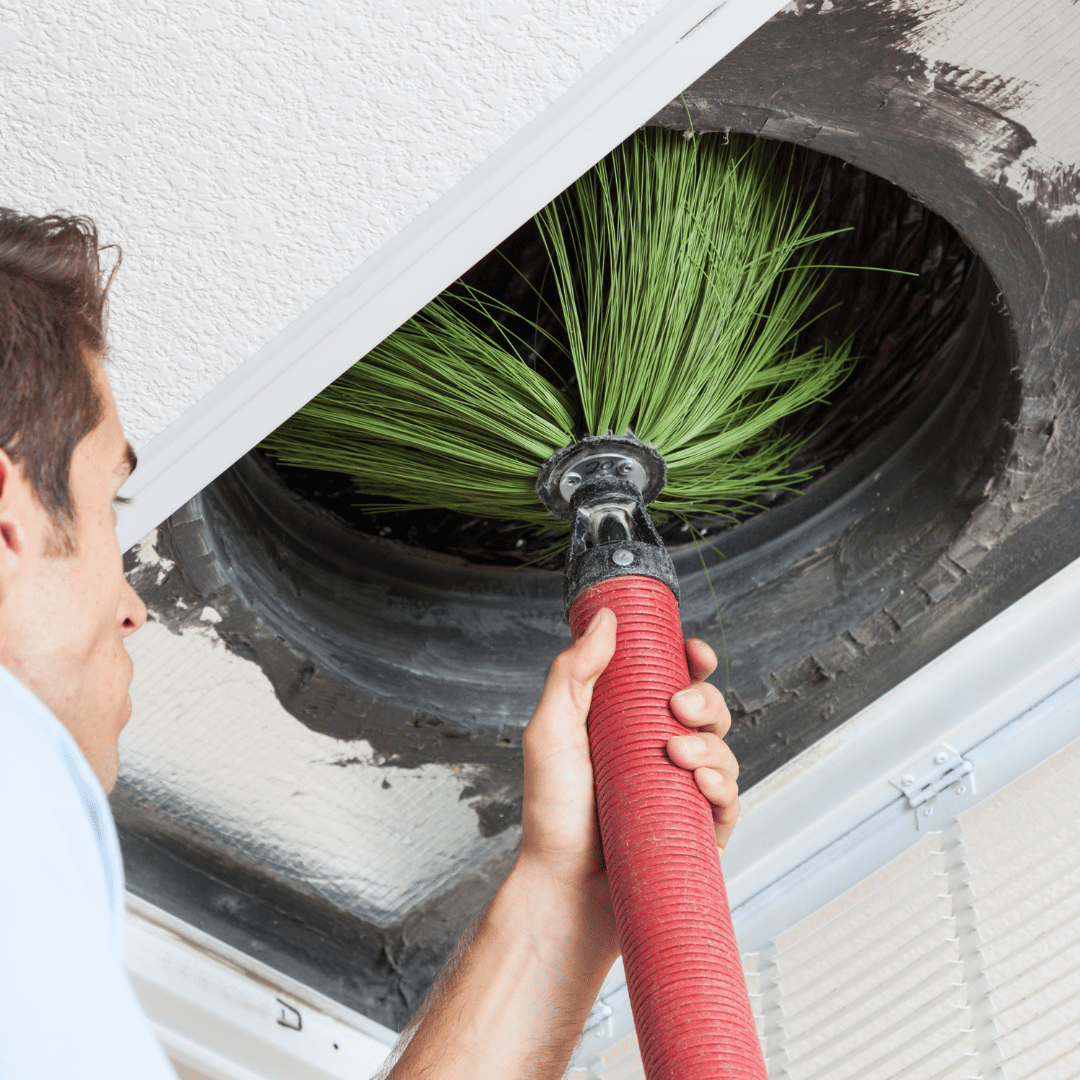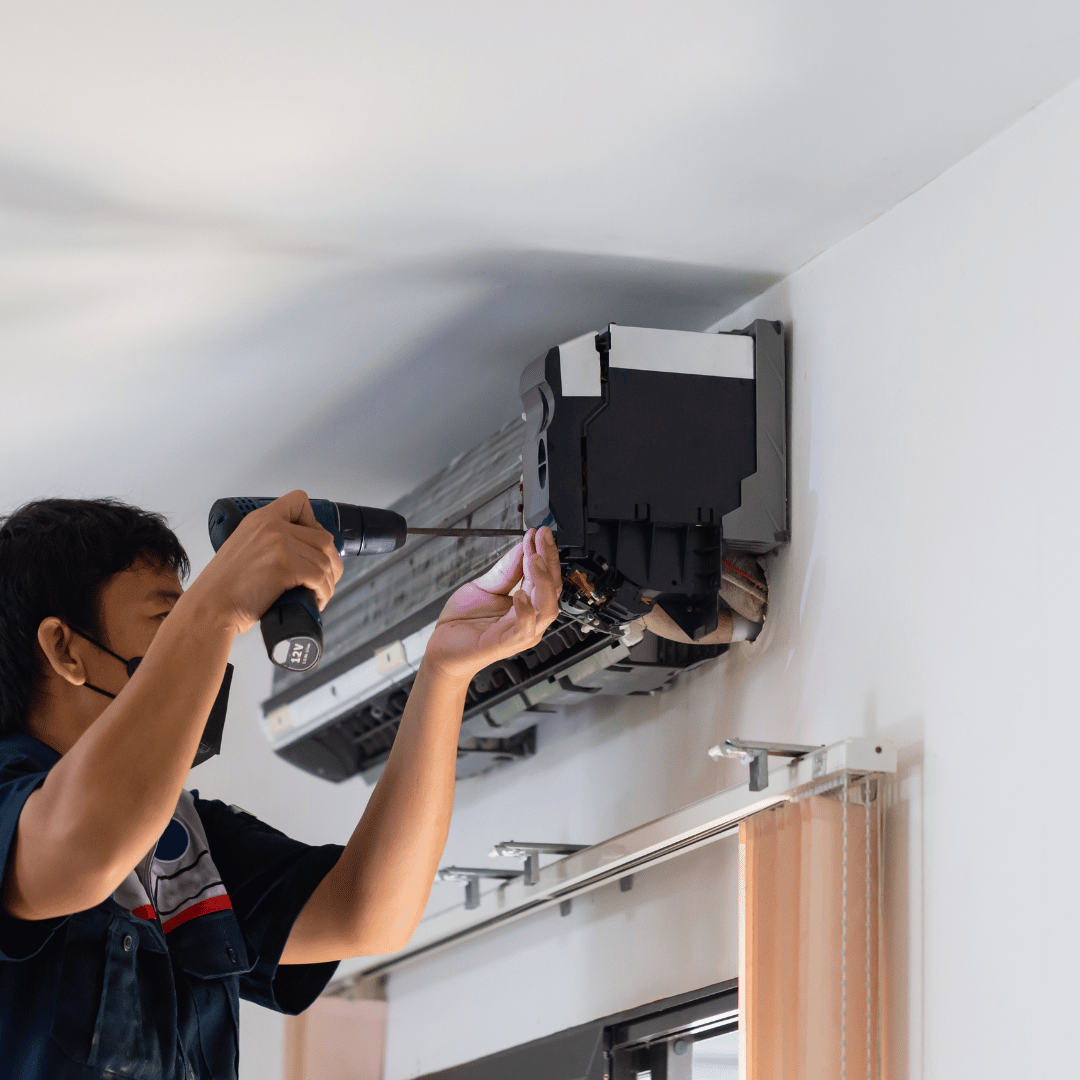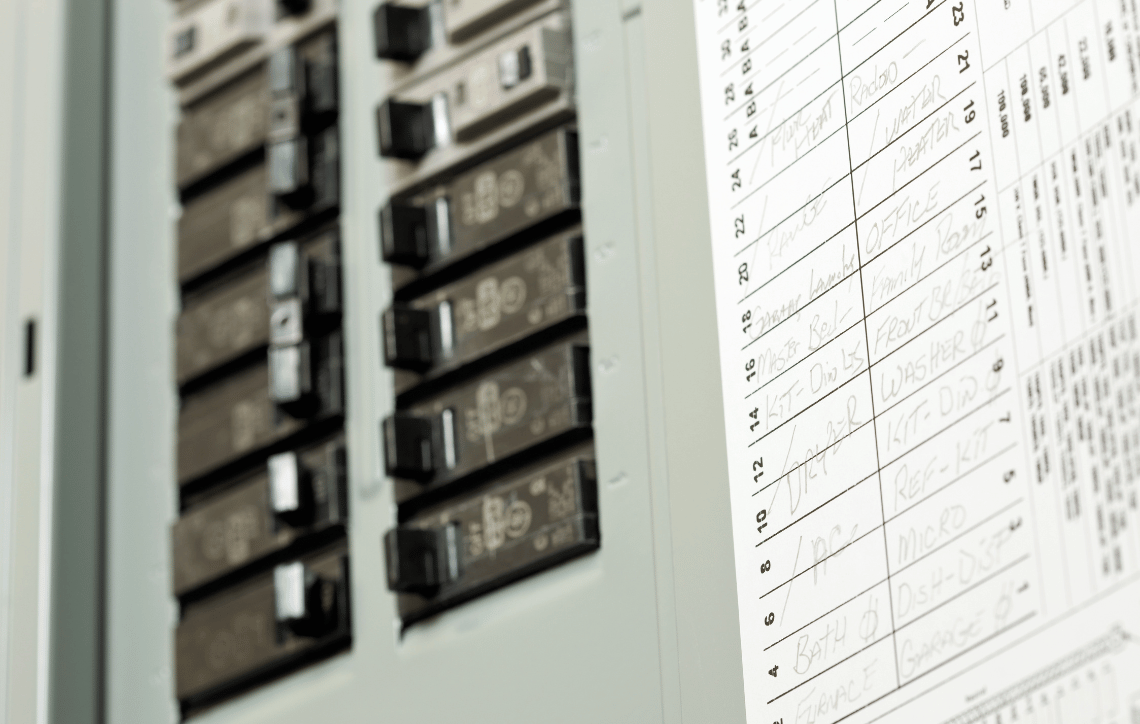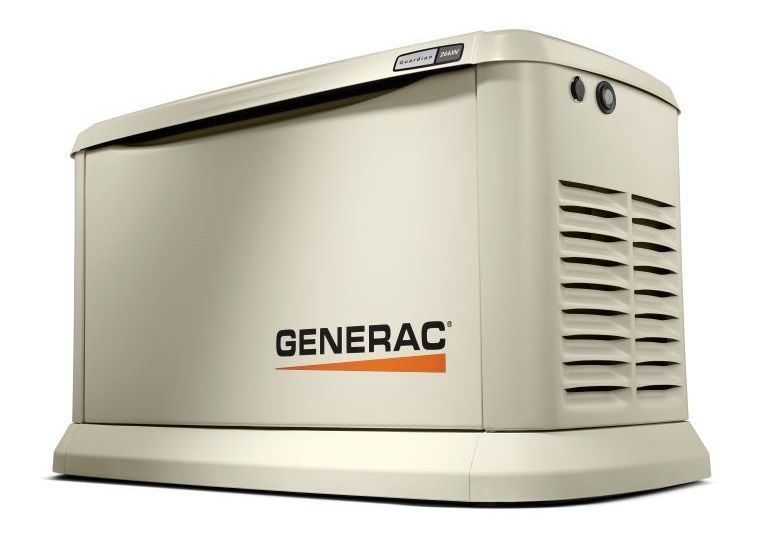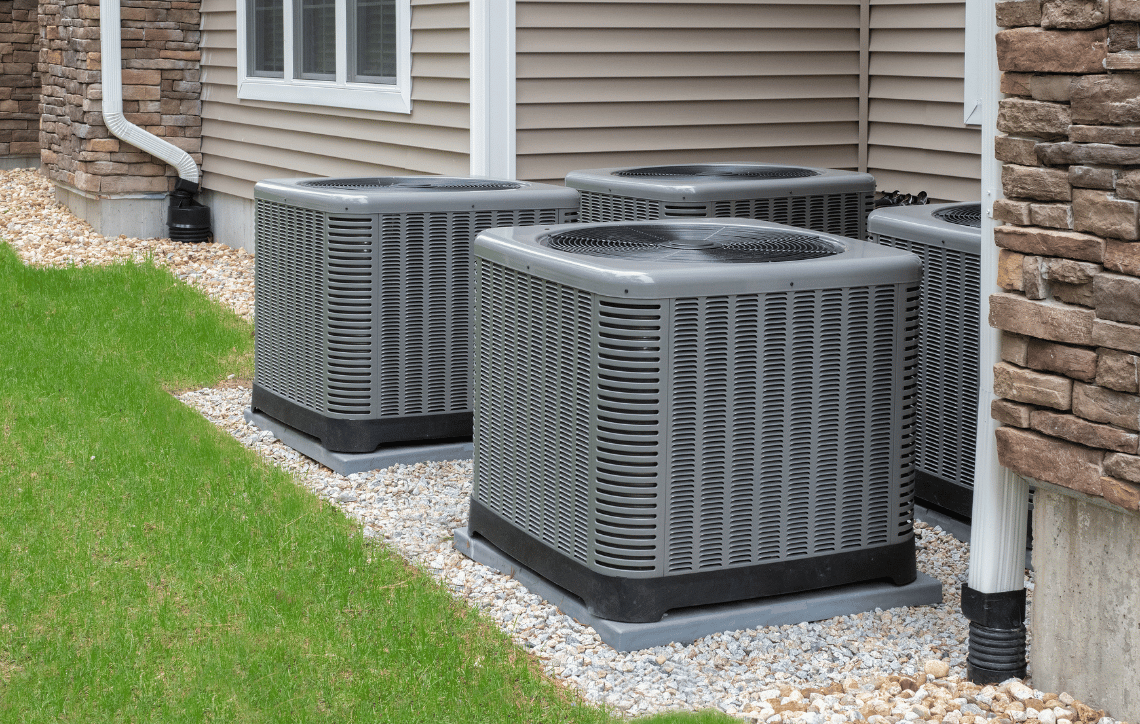Why Indoor Air Quality Services are Worth the Investment
Imagine walking into your home and breathing in clean, fresh air. It sounds like a simple pleasure, but it's one that many homeowners overlook. Indoor air quality is crucial to your family's health and comfort. Yet, according to the U.S. Environmental Protection Agency (EPA), indoor air can be up to five times more polluted than outdoor air. This alarming statistic underscores the importance of addressing indoor air quality. In this post, we’ll explore why investing in professional indoor air quality services is an essential step towards a healthier home.
Understanding Indoor Air Quality
Common Pollutants and Their Effects
Indoor air quality refers to the air within and around buildings, especially as it relates to the health and comfort of building occupants. Common indoor air pollutants include:
- Dust and Pollen - Can trigger allergies and asthma.
- Mold and Mildew - Can cause respiratory issues and other health problems.
- Volatile Organic Compounds (VOCs) - Found in many household products, VOCs can lead to headaches, dizziness, and long-term health effects.
- Pet Dander - Can exacerbate allergies and asthma.
- Tobacco Smoke - Contains numerous harmful chemicals that can affect respiratory health.
Poor indoor air quality can lead to a range of health issues, from minor irritations to severe respiratory conditions.
Signs Your Home's Air Quality Might be Compromised
How do you know if your home's air quality is compromised? Here are some signs to watch out for:
- Frequent Allergy Symptoms - Sneezing, coughing, and itchy eyes can indicate poor air quality.
- Persistent Odors - Lingering smells can signify mold or chemical pollutants.
- Dust Buildup - Excessive dust on surfaces can point to ineffective air filtration.
- Humidity Issues - High humidity levels can promote mold growth, while low humidity can irritate respiratory systems.
The Value of Investing in Professional Indoor Air Quality Services
Why It Matters
Investing in professional indoor air quality services offers numerous benefits:
- Healthier Living Environment - Reduces exposure to harmful pollutants.
- Improved Comfort - Enhances overall home comfort by regulating humidity and eliminating odors.
- Energy Efficiency - Cleaner air systems can improve HVAC efficiency, reducing energy costs.
Types of Indoor Air Quality Services
Professional services offer a variety of solutions to improve air quality, including:
Air Duct Cleaning
Removes accumulated dust, debris, and allergens from your ductwork, ensuring cleaner air circulation throughout your home. This process not only improves indoor air quality but also enhances the efficiency of your HVAC system, promoting a healthier living environment.
Air Purification
Utilizes advanced filtration systems to remove pollutants, allergens, and other harmful particles from the air, significantly improving overall air quality and creating a healthier living environment.
Humidifier/Dehumidifier Installation
Regulates humidity levels for optimal comfort, ensuring a pleasant indoor environment, and prevents mold growth, which can protect your health and home.
Air Filtration
Advanced filtration systems capture and remove pollutants, including dust, allergens, and harmful particles, providing cleaner and healthier air throughout your home. These systems enhance indoor air quality, ensuring a more comfortable living environment for you and your family.
Ventilation Systems
Ventilators bring in pre-filtered outdoor air, replacing stale indoor air and significantly reducing pollutant levels. This process helps improve indoor air quality by removing contaminants, allergens, and excess moisture, creating a healthier and more comfortable living environment.
UV Lamps
UV lamps installed in HVAC systems can effectively eliminate bacteria, mold, and viruses, thereby significantly improving air quality. These lamps work by emitting ultraviolet light that destroys the DNA of harmful microorganisms, preventing them from multiplying and spreading. This added layer of protection ensures a healthier indoor environment, making HVAC systems more efficient in maintaining clean and safe air.
How Professional Services Enhance Your Home Environment and Health
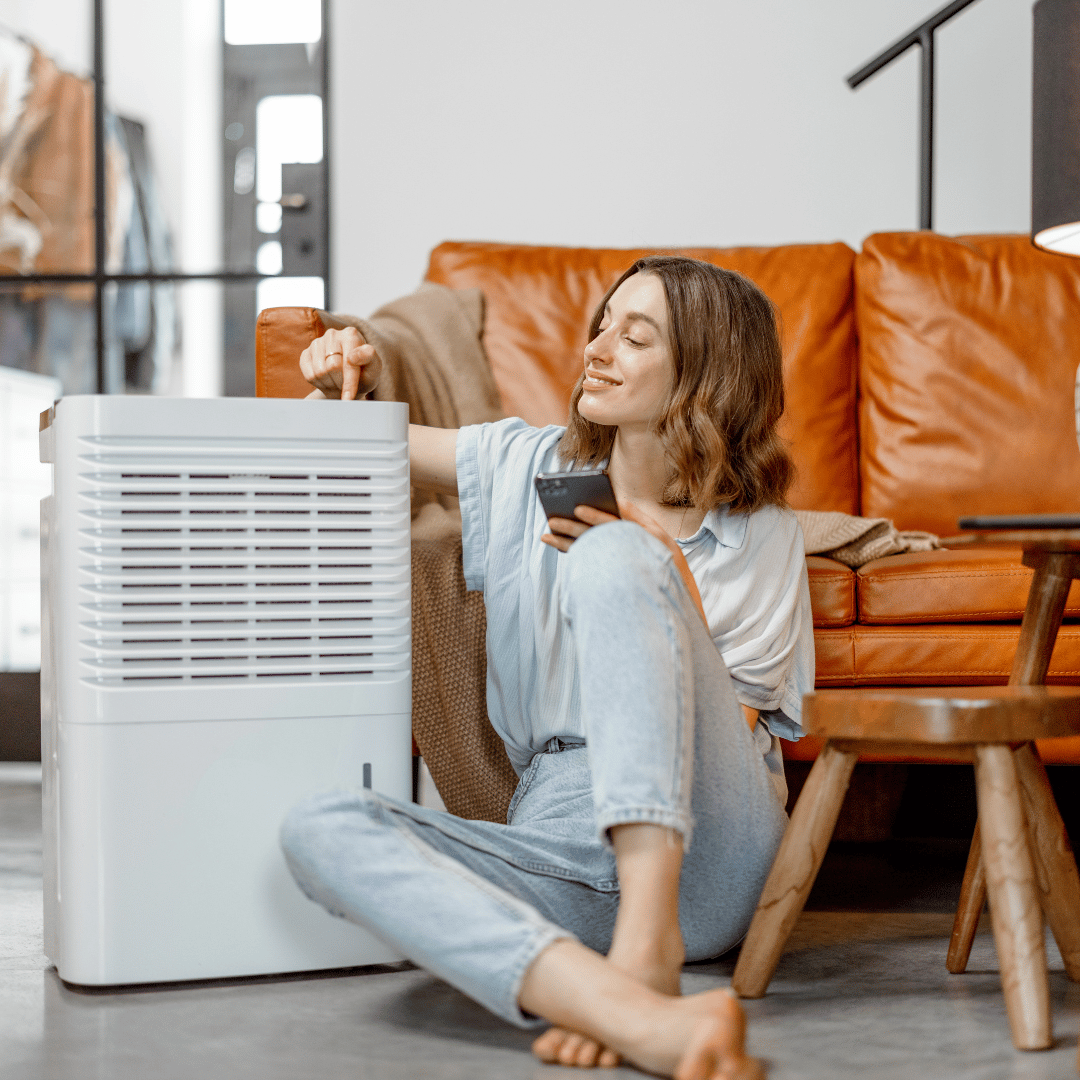
Professional indoor air quality services can transform your home environment in several ways:
- Reduction of Allergens - Significantly decreases allergens and irritants, providing much-needed relief for allergy and asthma sufferers. By reducing airborne particles, it helps create a cleaner, healthier environment, allowing individuals to breathe easier and enjoy improved quality of life. Helps to eliminate indoor air pollution that triggers allergies and respiratory problems.
- Mold Prevention - The possibility of mold spores and toxins in the air can be the cause of the sickness and odor. By controlling moisture levels, professional services can effectively prevent mold growth, which can cause a range of health issues.
- Enhanced HVAC Performance - Clean and efficient systems not only reduce energy consumption but also significantly lower utility bills. By optimizing the performance of these systems, we can achieve substantial cost savings and contribute to a more sustainable environment. Investing in energy-efficient technologies can lead to long-term benefits for both households and businesses.
- Long-Term Health Benefits - Consistent exposure to clean air can prevent chronic respiratory issues and improve overall well-being. Clean air reduces the risk of conditions such as asthma, bronchitis, and other respiratory infections. Additionally, it can enhance cardiovascular health, boost cognitive function, and increase energy levels, contributing to a better quality of life.
Cost vs. Benefit Analysis
Why Investing in Air Quality Services is Worth It
While there is an upfront cost to professional indoor air quality services, the long-term benefits far outweigh the expenses. Improved health through cleaner air can lead to fewer respiratory issues and allergies. Enhanced comfort means maintaining consistent indoor temperatures and humidity levels, making your home or office more pleasant.
Reduced energy bills through more efficient HVAC systems are a significant financial advantage. These compelling reasons highlight the value of making this investment for a healthier, more comfortable, and energy-efficient environment.
Tips for Maintaining Good Indoor Air Quality in Your Home
In addition to professional services, homeowners can take simple steps to maintain good indoor air quality:
- Regular Cleaning - Keep your home dust-free by cleaning regularly.
- Use Natural Products - Opt for cleaning products with fewer chemicals to reduce VOCs.
- Ventilate - Open windows to allow fresh air to circulate when weather permits.
- Monitor Humidity - Use humidifiers or dehumidifiers to maintain optimal humidity levels.
- Change Filters - Regularly replace HVAC and air purifier filters to ensure they function effectively.
Taking the first step towards a healthier home starts with understanding the importance of indoor air quality. Investing in professional indoor air quality services not only enhances your living environment but also protects your family’s health. Don’t wait to breathe easier—consider professional services today and experience the difference in your home.
Are you ready to transform your home into a sanctuary of clean air? Get in touch with us at Salt Air Heating, Cooling & Electrical to find out more about our complete indoor air quality services and how we can assist you in creating a healthier living environment. Our team of professionals is equipped to identify air quality issues and address them with expert strategies and tools.
